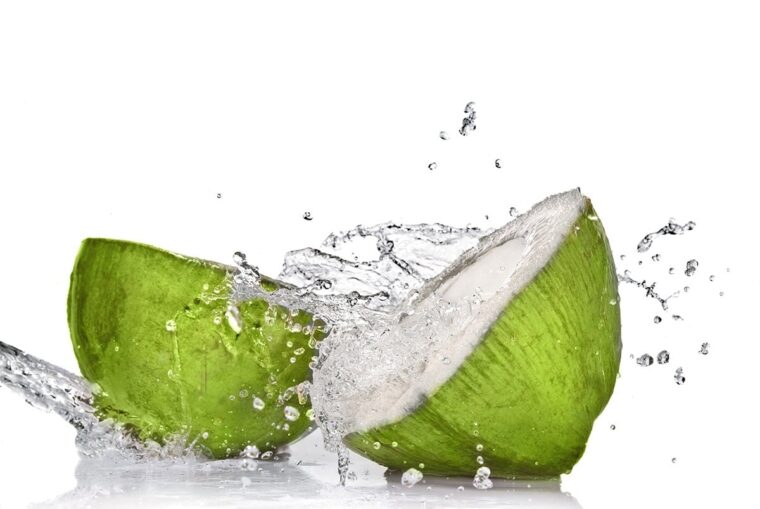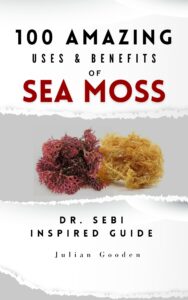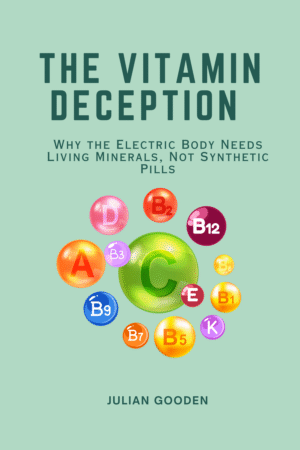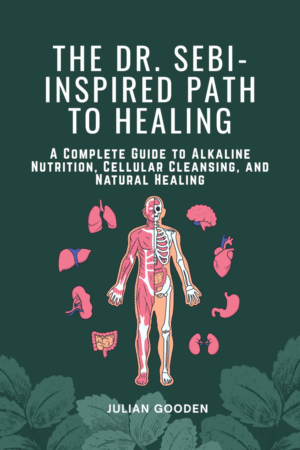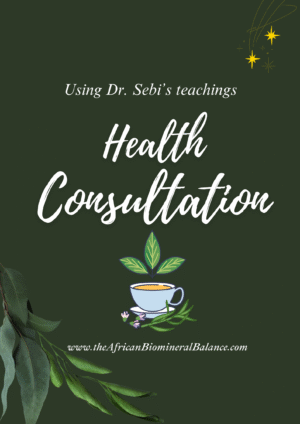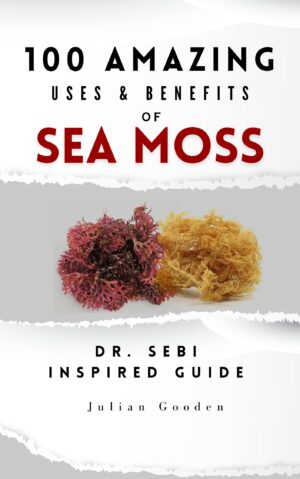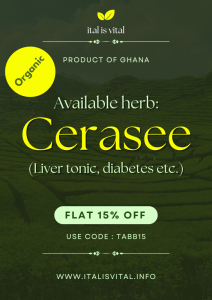Dr. Sebi’s alkaline diet emphasizes fresh, unprocessed foods, some with high water content to support hydration, detoxification, and cellular health. Below is a list of approved hydrating foods, which are naturally alkaline and nutrient-rich.
Fruits (High Water Content)
- Soft Jelly Coconut: ~95% water in the coconut water and ~85-90% in the soft, jelly-like flesh. Provides electrolytes (potassium, magnesium, sodium) and healthy fats. Consume the water as a hydrating drink or blend the flesh into smoothies or snacks.
- Cucumber: ~95% water, alkalizing, and rich in potassium for hydration and mineral balance.
- Melons (e.g., Watermelon, Cantaloupe): ~92% water, high in potassium and other electrolytes, excellent for hydration.
- Berries (e.g., Blackberries, Blueberries): ~85-90% water, packed with antioxidants. Use non-hybrid, seeded varieties.
- Seville Oranges and Key Limes: ~87-90% water, alkaline-forming, and rich in potassium and magnesium.
- Mangoes and Papayas: ~80-85% water, nutrient-dense with minerals for hydration and digestion.
Vegetables (High Water Content)
- Zucchini: ~94% water, versatile for raw or lightly cooked dishes, supports hydration and alkalinity.
- Lettuce (except Iceberg): ~95% water in approved varieties like romaine, ideal for salads or wraps.
- Okra: ~90% water, nutrient-rich, supports digestion and gut health.
- Chayote (Mexican Squash): ~94% water, a staple for its alkalinity and hydration benefits.
Herbal Teas
- Teas made from approved herbs like chamomile, elderberry, or soursop leaves. These are hydrating and therapeutic, supporting immunity or detoxification. Add key lime for flavor and electrolytes.
Hydration Guidelines
- Spring Water: Drink 1 gallon of natural spring water daily to flush toxins and support cellular function. Avoid tap or processed water.
- Avoid Dehydrating Substances: Steer clear of alcohol, caffeine, and processed beverages, as they dehydrate and contribute to mucus buildup.
- Eat Water-Rich Foods: Incorporate watery foods like soft jelly coconut, melons, and cucumbers into meals or snacks for natural hydration.
Sample Hydrating Meal Ideas
- Smoothie: Blend soft jelly coconut flesh, cucumber, watermelon, and key lime juice with kale or dandelion greens.
- Salad: Combine romaine lettuce, zucchini, avocado, and olives with a dressing of olive oil and key lime juice.
- Snack: Eat soft jelly coconut flesh or melon slices with a sprinkle of sea salt for electrolyte balance.
- Herbal Tea: Brew chilled chamomile or soursop leaf tea with a splash of key lime or soft jelly coconut water for a refreshing drink.
Notes
- Alkalinity and Hydration: Hydrating with alkaline foods and spring water reduces mucus and supports health.
- Sourcing Soft Jelly Coconut: Choose young, green coconuts with soft flesh, available at health food stores or tropical markets. Ensure they’re fresh, not pasteurized or treated.
- Customization: Adjust portions and combinations based on needs, sticking to Dr. Sebi’s approved list. Use approved herbs/spices for flavor.
References for Dr. Sebi’s Hydrating Foods
- Dr. Sebi’s Nutritional Guide
- Source: Dr. Sebi Cell Food website (drsebiscellfood.com)
- Details: Lists approved foods like soft jelly coconut, cucumbers, melons, and spring water for hydration and alkalinity.
- Food Nutrition Data
- Source: USDA FoodData Central (fdc.nal.usda.gov)
- Details: Confirms high water content in foods like soft jelly coconut (~95% water), watermelon (~92% water), and cucumber (~95% water).
- Dr. Sebi’s Teachings
- Source: YouTube lectures and health blogs (e.g., Alkaline Vegan Lounge)
- Details: Explains Dr. Sebi’s focus on hydrating foods, herbal teas, and 1 gallon of spring water daily.
- General Hydration Info
- Source: Harvard Health (health.harvard.edu)
- Details: Supports hydration benefits of water-rich foods but notes blood pH is tightly regulated, not significantly altered by diet.


